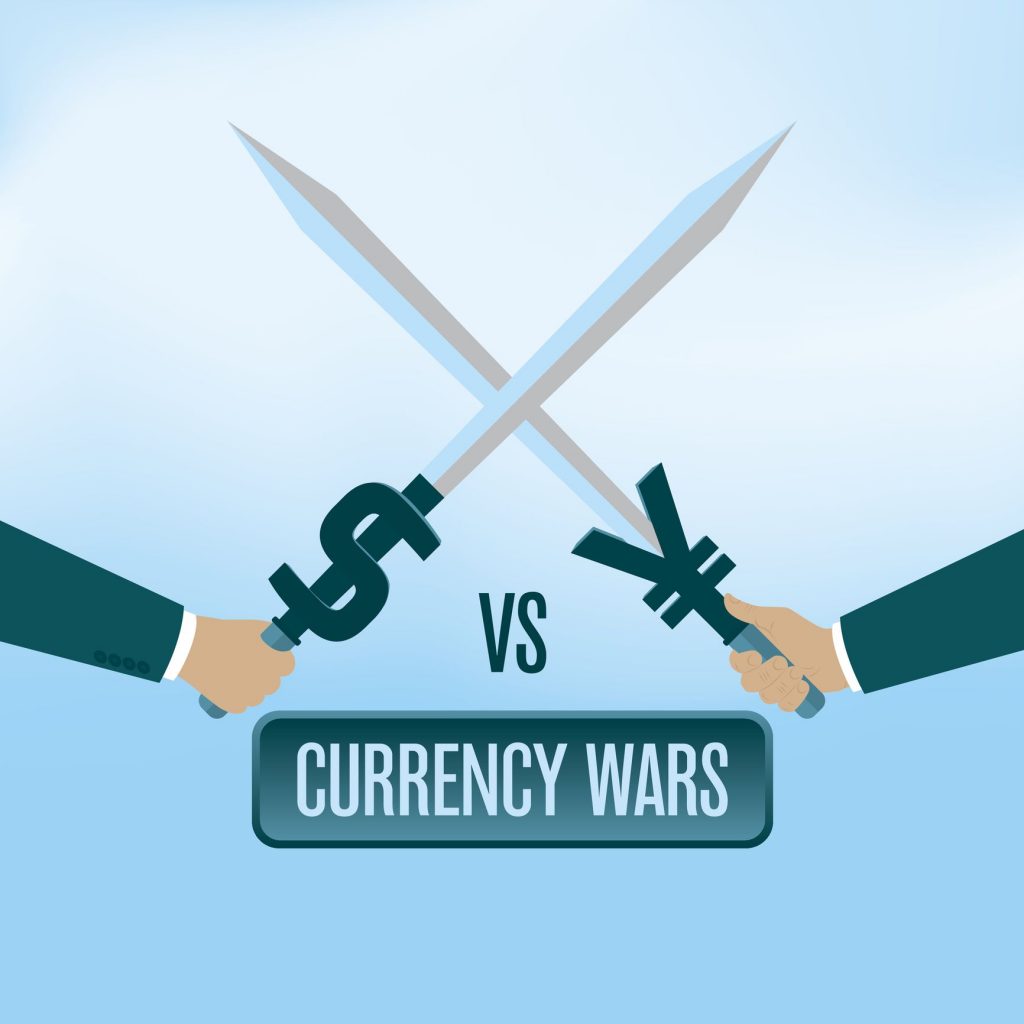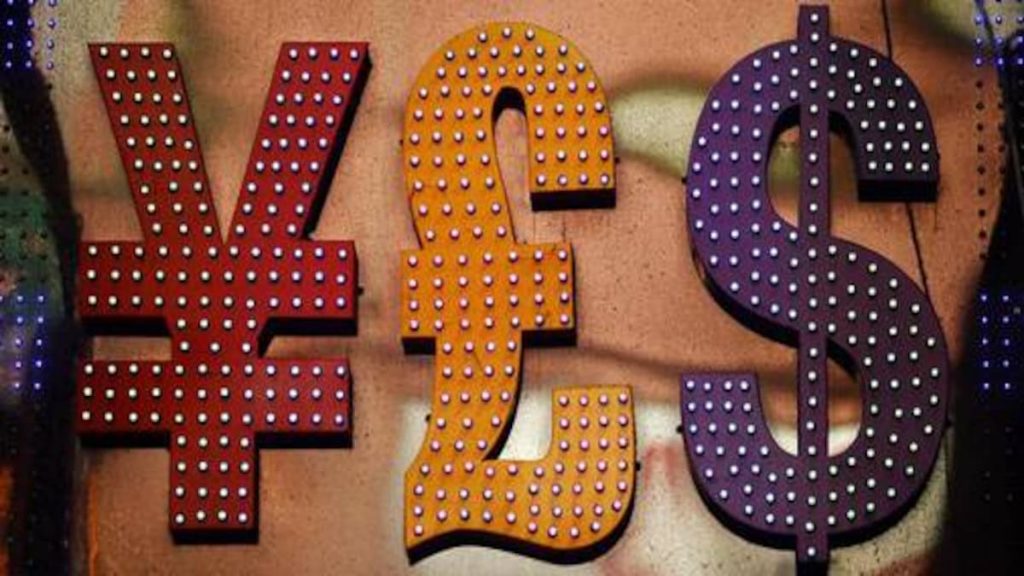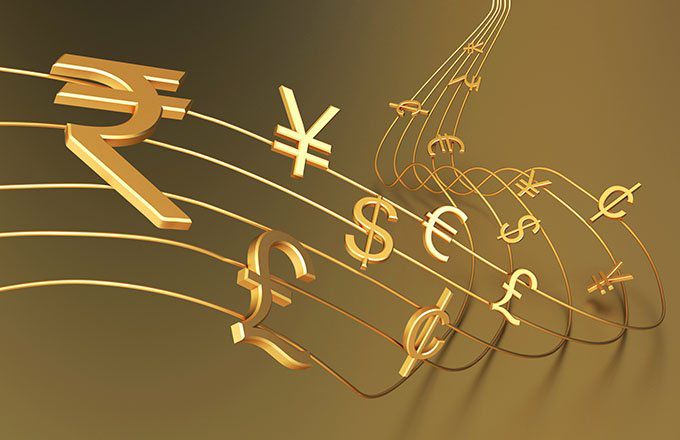
The Causes of Currency War is the point at which a nation’s central bank utilizes expansionary fiscal policies to bring down the value of its national currency purposely. This methodology is additionally called severe depreciation.
This term was first instituted in 2010 by Guido Mantega, the previous Brazilian Minister for Finance. He was alluding to the growing rivalry between the United States, Japan, and China to have the lowest currency value. He utilized the term when Brazil was enduring the worst part of the bringing down of trade rates by these three countries. The nation was experiencing the impacts of record-high value, which was harming economic development.
Various government authorities and Financial Advisors from around the world had a similar view. On the other hand, some senior policymakers believed that the phrase exaggerates the known level of antagonism. Nevertheless, since the term was coined, the Causes of Currency War appear to have progressively become an undeniable thing among contending countries. Furthermore, these wars have been found to have enormous ramifications for worldwide exchange and investors.
So, Here Look at What’s the Causes of Currency War & Impact of Currency Wars?

Purpose of Currency War
Nations engage in currency wars to pick up a comparative advantage in worldwide exchange. When they depreciate their currencies, they make their exports less affordable in unfamiliar business sectors. Organizations send out additional, become more productive, and make new openings. Therefore, the nation benefits from more robust financial development.
The various Case Study on Currency War additionally energizes interest in the country’s resources. The financial exchange turns out to be more affordable for foreign investors. Foreign direct speculation increments as the nation’s organizations become generally less expensive. Foreign organizations may likewise purchase up natural resources.
What Sort of Consequences?
For one thing, currency wars can raise a wide range of rivalry, finances, and valuation issues for multinationals. Johnson and Johnson, for instance, declared that it expected to take a $100 million charge due to Venezuela’s choice to depreciate its money. Merck, P&G, and Colgate-Palmolive have all made comparative declarations. Moreover, nations can be adversely influenced by the “beggar thy neighbor”- type strategies being received by exchanging partners that effectively debase their currencies. In the last part of the 1990s, for instance, Brazil degraded its money because of powerless worldwide business sectors, which end up being a contributing element in Argentina’s 2001–2002 monetary emergency. Numerous unfamiliar investors were hurt by the “pesification” approaches embraced by the Argentine Republic during that time.

Impact of Currency Wars on the Economy
Although, specialists contend that the marvel leads to more harm to financial health. Right off the bat, it influences the general productivity of the homegrown economy as it faces lesser rivalry and the ascent of protectionism. Likewise, the import of better hardware gets more earnestly in the new framework. Also, there is a danger that the downgrading cycle may wind crazy, prompting inflation.
Currency as a Political Weapon
The fall of the Russian ruble embodies the utilization of currency as a method for debilitating political force. The Russian economy ended up got between worldwide authorizations and a drop in the cost of oil, a circumstance that prompted a market crash and cost increments. Vladimir Putin has needed to go at bringing down grain prices by diminishing fares and, in this way, expanding supply in the nation. In such a specific situation, foreign businesses wind up destabilized and need to settle on crucial decisions. Apple, for instance, suspended its online sales in Russia. “This deterioration isn’t just a matter of losing trust in the ruble. It’s likewise caused by external interventions like the worldwide approvals set by Europe and the United States, which serve to debilitate Russia’s political forces,” clarifies Ponsot.
Different nations, for example, China and Japan, falsely keep up underestimated Causes of Currency War to invigorate trades. Organizations that demonstrate in this worldwide economy can’t overlook the critical ramifications of monetary policies actualized by the nations they connect with. The more organizations know about the political parts of monetary policy, the more they will have the option to plan and respond to changes before it’s too late.
The Bottom Line
Even though some proof that may recommend the opposite, it doesn’t create the impression that the world is right now in the grasp of a currency war. Endless rounds of pain-free income approaches by various nations worldwide speak to combat the challenges of a low-development, deflationary climate instead of an effort to gain a sudden advantage over the opposition through surreptitious currency deterioration.
